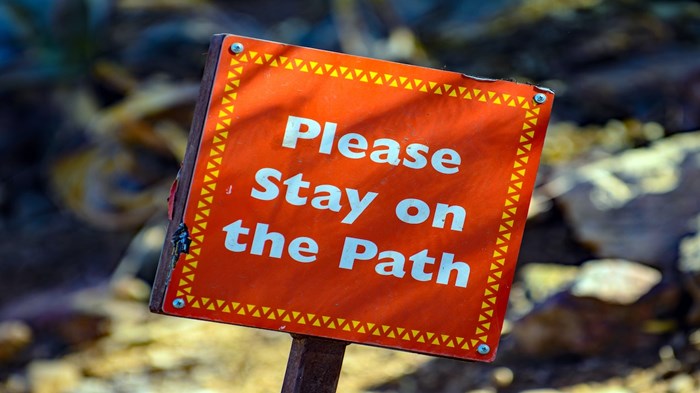Was Jesus a Rule Breaker?

Are you a rule-follower or a rule-breaker?
What about a rule-bender?
Are rules meant to be followed or are they simply guidelines?
Whether we bend them or follow them rigidly, rules guide and give meaning to our lives. For example, we have driving rules that control how we drive. A red light means go and a green light means stop. We have grammar rules about what words you can start sentences with. We have fashion rules that tell us what we are allowed to wear with what.
The problem is that rules change over time. Take driving as an example. You can go on red as long as you are turning right and after you have made a complete stop. Take fashion for example. You are allowed to wear black shoes and brown belts together. Black and navy together is even allowed now. Grammar rules have also changed over time. It used to be that you had to leave two spaces at the end of a period when you were typing and you don’t have to do that anymore.
It may be easy enough to adapt to grammar rules or fashion rules.
But what happens when rules we have lived by shift or change?
What happens when it is religious life or church practice that changes?
If you are like me, maybe this begins to make you a little uncomfortable, or even angry. People leave churches over the rules changing. Right?
So what happens when it is Jesus who is changing or breaking or adapting the religious rules?
In Mark 7:1-23 Jesus is breaking some rules. I will spend the next couple of weeks in a series talking about what Jesus is doing here in Mark 7 (and previously) and why.
Mark 7:1-5 One day some Pharisees and teachers of religious law arrived from Jerusalem to see Jesus. They noticed that some of his disciples failed to follow the Jewish ritual of hand washing before eating. (The Jews, especially the Pharisees, do not eat until they have poured water over their cupped hands, as required by their ancient traditions. Similarly, they don’t eat anything from the market until they immerse their hands [] in water. This is but one of many traditions they have clung to—such as their ceremonial washing of cups, pitchers, and kettles). So the Pharisees and teachers of religious law asked him, “Why don’t your disciples follow our age-old tradition? They eat without first performing the hand-washing ceremony.”
Why did Jesus not wash his hands? Handwashing is a big deal during COVID-19!
The Pharisees, the religious leaders of that day, were the interpreters of the law about ceremonially uncleanliness (refer to Leviticus 11 for a refresher on all the ways a Jew could become unclean). They had a specific way to clean their hands before eating so as to not become ceremonially unclean. This was a “holiness” issue for them. They were to “be holy as God is holy” and this hand-washing ritual was one way that they obeyed God’s commands (or so they thought). The problem is, the Pharisees had lost sight of the heart behind the rule. For example, they were more concerned with the socio-economic hierarchy that the rules about hand-washing reinforced than the holiness and purity that the rules were supposed to reinforce.
As soon as Jesus announced that “Kingdom of God is near” (Mark 1:15), Jesus goes straight to breaking these Jewish purity rules, engaging in behaviors and with people who made him ceremonially unclean. In Mark Chapters 1-6, Jesus healed the sick, touched a leper, hung out and ate with Gentiles, sinners and prostitutes. Jesus did all of this and then had the audacity to not wash the sinful, un-holy grime off of his hands before eating.
In this one act, Jesus is challenging not just the Jewish purity rules, but he is also challenging the socio-economic and ethnic boundaries of his day. To put it simply, Jesus is breaking the rules.
Here is one invitation for us to think about.
Are there good and upright, even “God-given,” rules/laws that serve to reinforce a socio-economic hierarchy within the church today?
Are there rules that reinforce racial, ethnic or gender boundaries between us that we should examine?
Next week, we will see that Jesus has some words for the Pharisees about this. For us, I think it is worth considering that some rules within the church today serve to fortify boundaries and hierarchy. In some instances, we have let the rule become so rigid that we have neglected the heart behind the rule. It may be time for us to join Jesus in breaking some rules.
Jesus Creed is a part of CT's
Blog Forum. Support the work of CT.
Subscribe and get one year free.
The views of the blogger do not necessarily reflect those of Christianity Today.


















